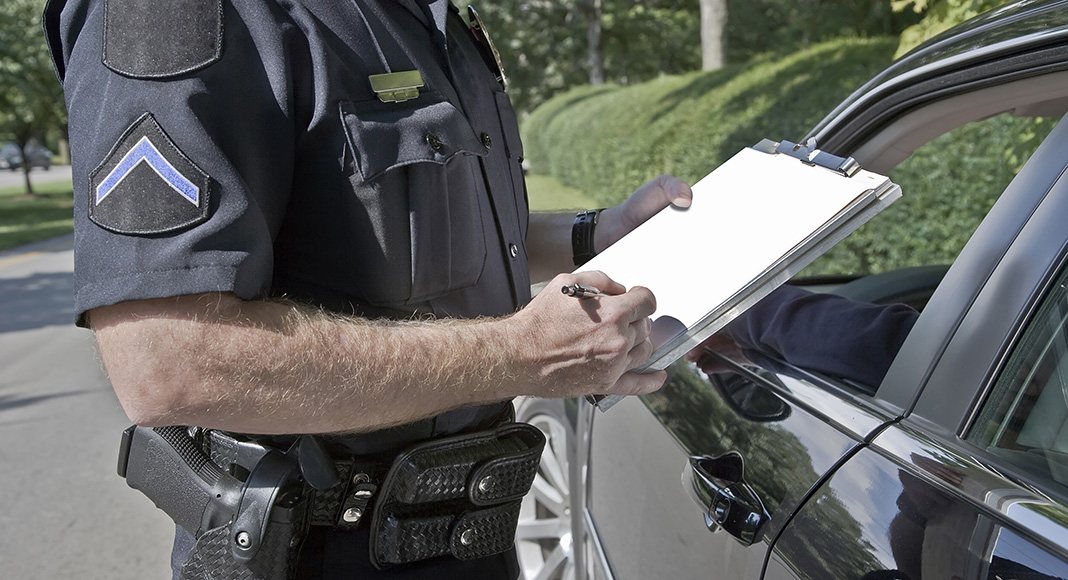The ultimate solution to impaired driving could be in reach, according to the Insurance Institute for Highway Safety (IIHS) executive vice president.
In an opinion piece, David Zuby, who is also Chief Research Officer at the organization, pointed at a congressional mandate in the bipartisan infrastructure law passed in 2021, which calls for the National Highway Traffic Safety Administration (NHTSA) to require every new passenger vehicle to be equipped with a system that prevents an alcohol-impaired driver from operating it.
Zuby said the move would prevent more than 9,000 deaths a year and called it a âhuge victoryâ for advocates, led by victims of impaired driving and Mothers Against Drunk Driving.
âNHTSA must complete several large tasks before issuing a final regulation,â said Zuby. âThe agency will need to research the breadth of potential technologies before determining what tests and criteria to use to evaluate manufacturer compliance. Itâs also expected to come up with a cost estimate for equipping the fleet and compare that with the total societal cost of illegal impaired driving ($296 billion in 2019 by NHTSAâs own calculation). Finally, it must publish a proposed regulation, weigh public comments and make revisions as needed. The process doesnât lend itself to shortcuts, which is why itâs crucial that the agency proceed without delay.â
Zuby said the technology was closer to being ready than most people realized but because few consumers would pay extra to equip their vehicle with an impaired driving prevention system, automakers have had little incentive to bring it to market.
âA regulatory requirement would push it over the finish line,â he added.
The full opinion piece can be read on the IIHS website.



















